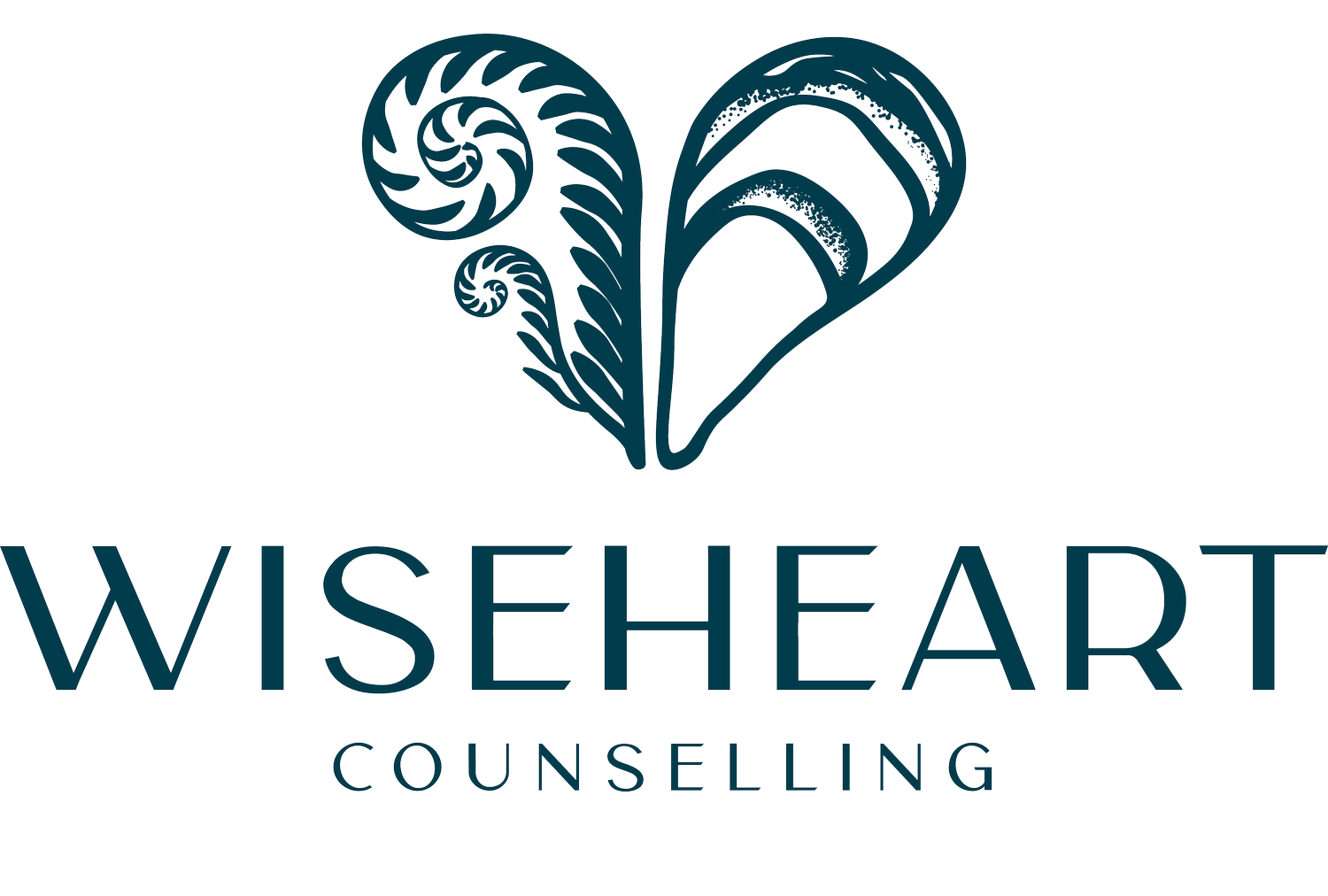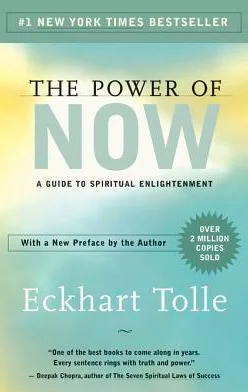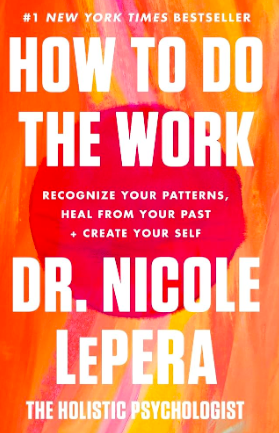What is Bibliotherapy?
Bibliotherapy is the practice of using books as a therapeutic tool to support mental health and personal growth. By reading self-help books, therapy workbooks, or memoirs centred on mental health, individuals can gain new perspectives, develop coping skills, and feel a sense of connection with others’ experiences. This practice can be a valuable complement to traditional counselling or therapy sessions.
When used between sessions, bibliotherapy provides an opportunity to deepen your understanding of key concepts, practice self-reflection, and stay engaged in the therapeutic process. It’s a way to keep the momentum going even when you’re not in session.
General Tips for Using Bibliotherapy Effectively
Take Notes as You Read: Write down key insights, reflections, or questions that come up. This helps you process the information and gives you material to discuss with your therapist.
Highlight or Underline Key Passages: Mark important passages that resonate with you. You can revisit these sections for quick reference or reflection.
Ask Yourself Questions: As you read, pause to ask yourself, "How does this apply to my life?" or "What changes could I make based on this idea?" This kind of active engagement deepens your understanding.
Break It Down Into Small Chunks: Instead of trying to read a book all at once, focus on one chapter or even one section at a time. This makes it easier to absorb the information and avoid feeling overwhelmed.
Practice Exercises and Reflective Prompts: If a book offers exercises or reflective prompts, make time to complete them. These exercises are often designed to help you integrate the concepts into your daily life.
Track Your Progress: Keep a journal of what you’ve read and how it has impacted you. Noting your progress can motivate you to continue your bibliotherapy journey.
Recommended Books for Your Mental Health Journey
What Happened to You? by Dr. Bruce Perry and Oprah Winfrey
Focus: Trauma, childhood experiences, and emotional healing
This book explores how childhood experiences, particularly trauma, shape our lives, behaviours, and mental health. Dr. Perry’s insights as a renowned neuroscientist are combined with Oprah’s personal reflections to create a relatable and accessible approach to understanding trauma. The book emphasizes compassion and self-awareness as essential components of healing.
How It Can Help You:
Provides a trauma-informed lens to understand your behaviours and emotional responses.
Encourages self-compassion by highlighting that "what’s wrong with you" is really "what happened to you."
Helps you recognize patterns rooted in past experiences so you can address them in therapy.
Best Practices for Reading:
Take notes on passages that feel personally relevant.
Reflect on how your past experiences may influence your present-day reactions.
Discuss insights with your therapist to deepen your understanding.
The Power of Now by Eckhart Tolle
Focus: Mindfulness, presence, and living in the moment
This book teaches readers how to shift away from the constant pull of past regrets and future worries, centring instead on the present moment. Eckhart Tolle’s philosophy blends spirituality and mindfulness in an accessible way, offering tools to quiet the mind and achieve a state of "being" rather than "doing."
How It Can Help You:
Teaches mindfulness techniques that can reduce anxiety and rumination.
Encourages present-moment awareness, which can ground you during moments of distress.
Supports you in developing a practice of "observing your thoughts" rather than identifying with them.
Best Practices for Reading:
Read in small doses to give yourself time to reflect and apply the concepts.
Practice the suggested mindfulness exercises in your daily routine.
Journal about your experience living in the "now" and share it with your therapist.
How To Do the Work by Dr. Nicole LePera
Focus: Self-healing, inner child work, and holistic mental health
Dr. LePera, known as "The Holistic Psychologist" on social media, provides a comprehensive guide for self-healing. Her book outlines a step-by-step process for recognizing and healing unconscious patterns, managing triggers, and improving overall mental well-being. It’s a blend of psychology, neuroscience, and practical action steps.
How It Can Help You:
Encourages self-accountability in the healing process.
Offers actionable steps and exercises to address triggers, emotional wounds, and limiting beliefs.
Provides tools to address "inner child work," a key concept in self-healing.
Best Practices for Reading:
Complete the exercises and prompts at the end of each chapter.
Reflect on patterns or behaviours in your life that align with the book’s lessons.
Share your reflections with your therapist to integrate the work into your sessions.
Complex PTSD: From Surviving to Thriving by Pete Walker
Focus: Complex PTSD, emotional healing, and reclaiming personal power
This book offers a roadmap for those experiencing Complex PTSD (C-PTSD), a condition often resulting from prolonged exposure to traumatic situations. Pete Walker provides insight into the "four F’s" (Fight, Flight, Freeze, Fawn) and how they manifest as survival strategies. His compassionate approach emphasizes self-kindness and emotional recovery.
How It Can Help You:
Identifies the "four F’s" and offers strategies for overcoming them.
Validates the unique experience of living with C-PTSD and provides a path toward healing.
Offers a language to describe your experiences, which can help you communicate them in therapy.
Best Practices for Reading:
Read slowly and take breaks if you’re feeling overwhelmed.
Keep a journal to track emotional responses to key concepts.
Use breathing exercises or grounding techniques when reading intense sections.
Conclusion
Bibliotherapy is a powerful tool to support your mental health between therapy sessions. By engaging with these transformative books, you’re taking an active role in your own healing. Each of these recommended reads provides unique perspectives, practical exercises, and the potential to spark self-discovery. Remember, the journey to well-being is a marathon, not a sprint. Take it one chapter, one insight, and one small step at a time.




